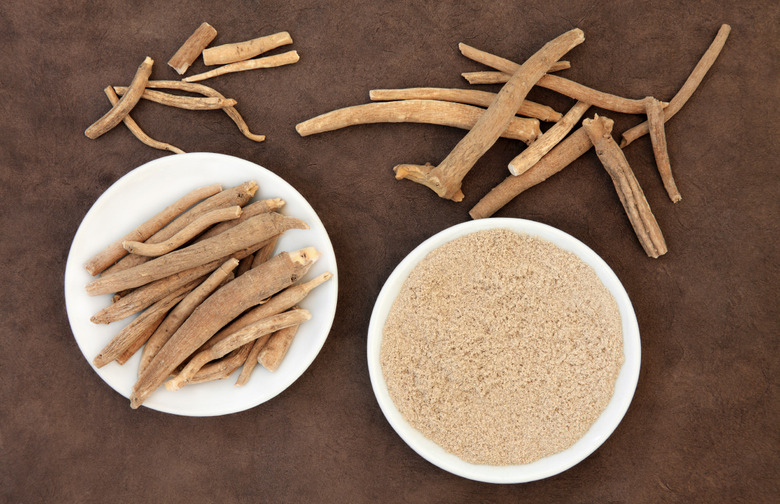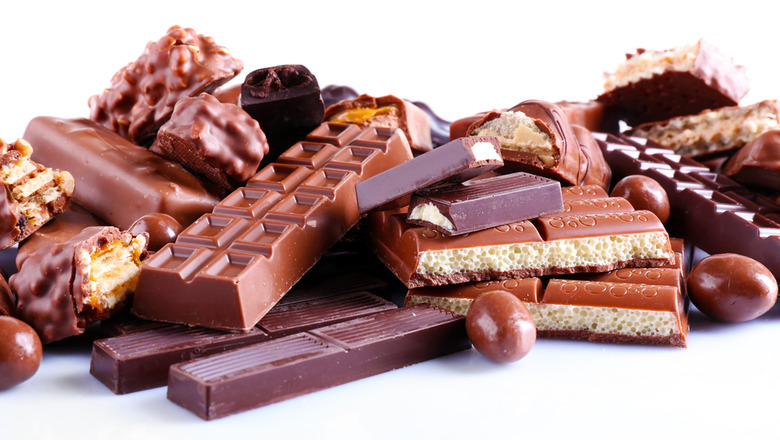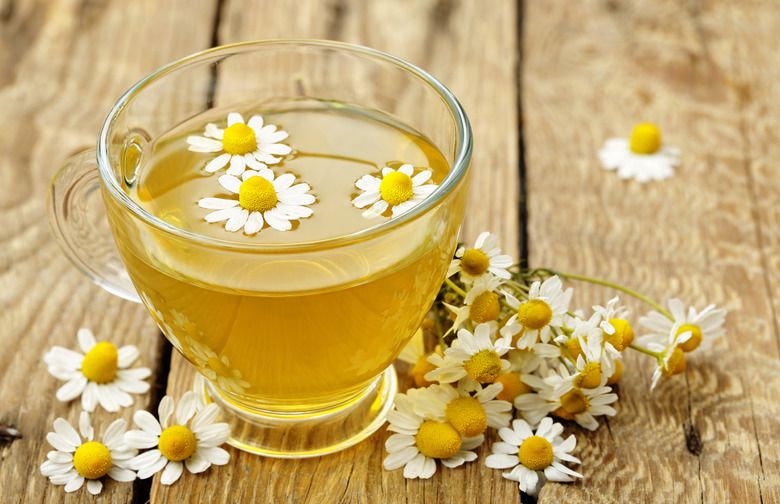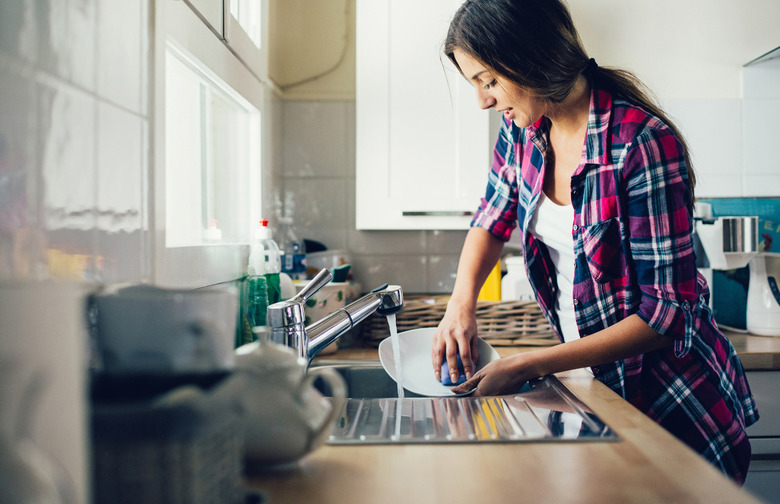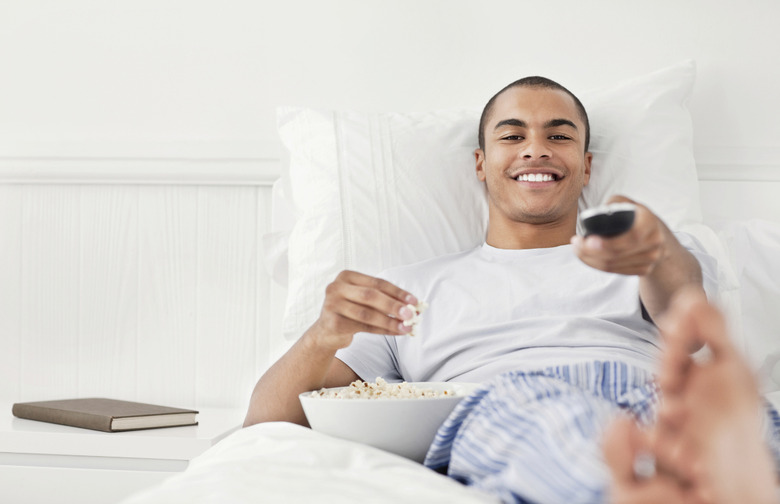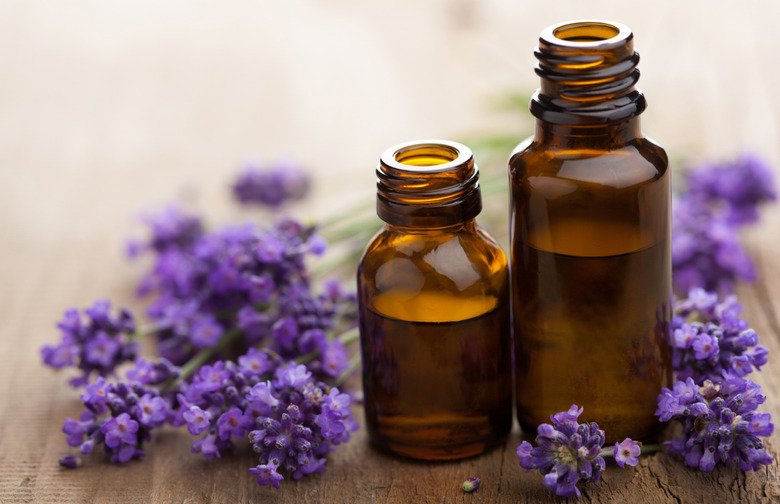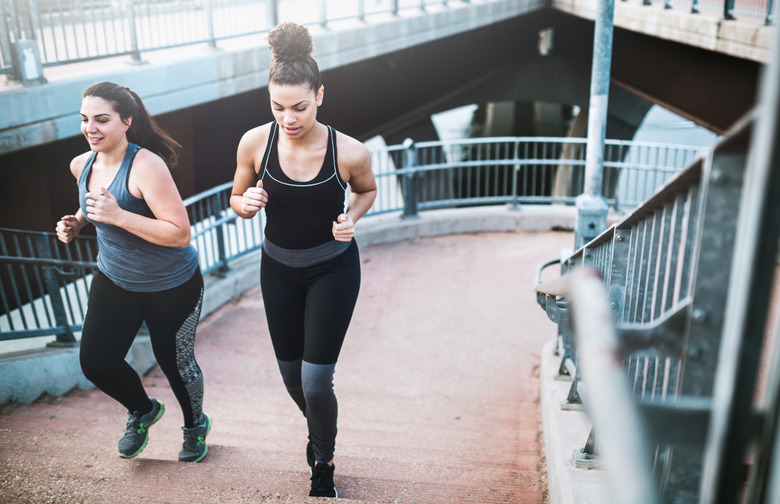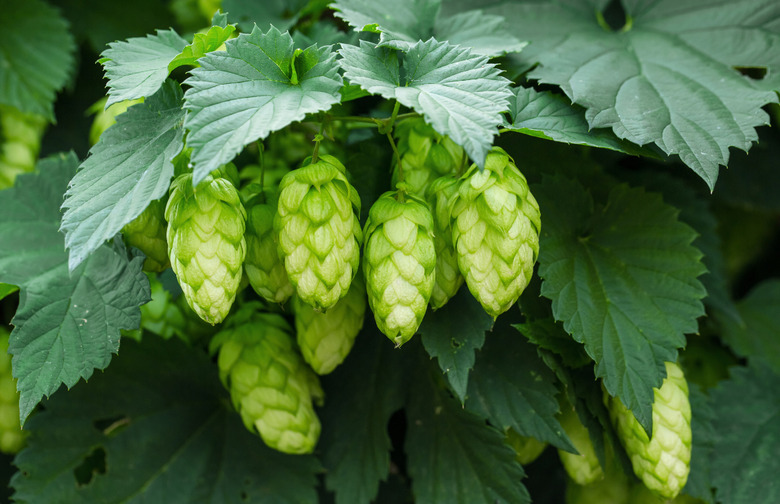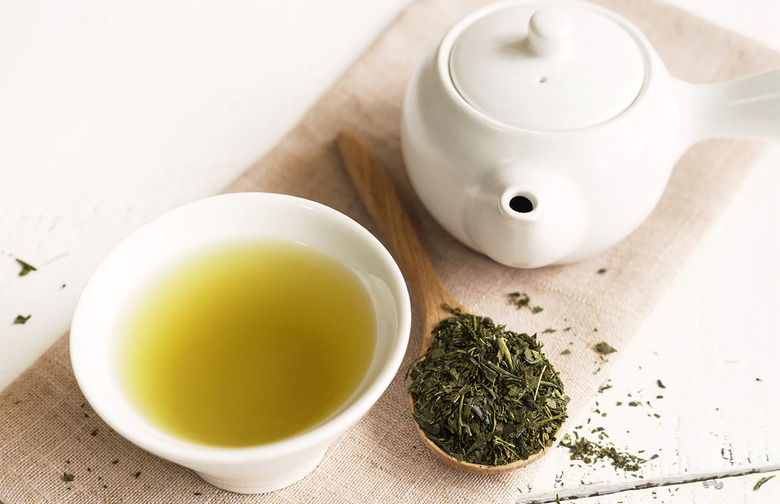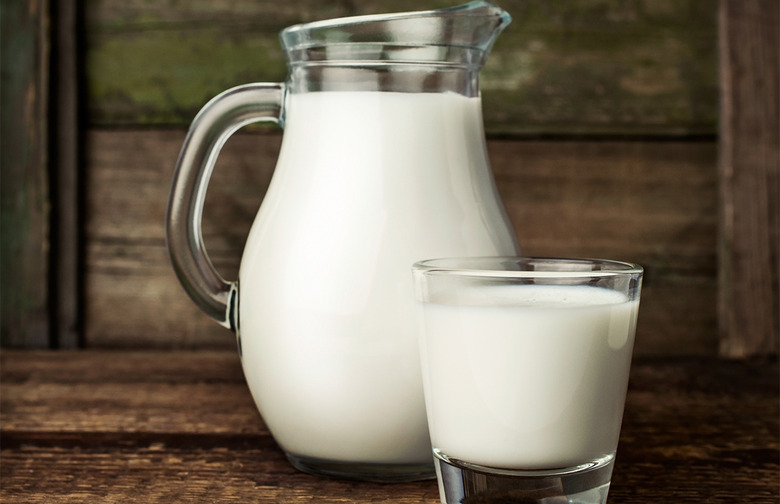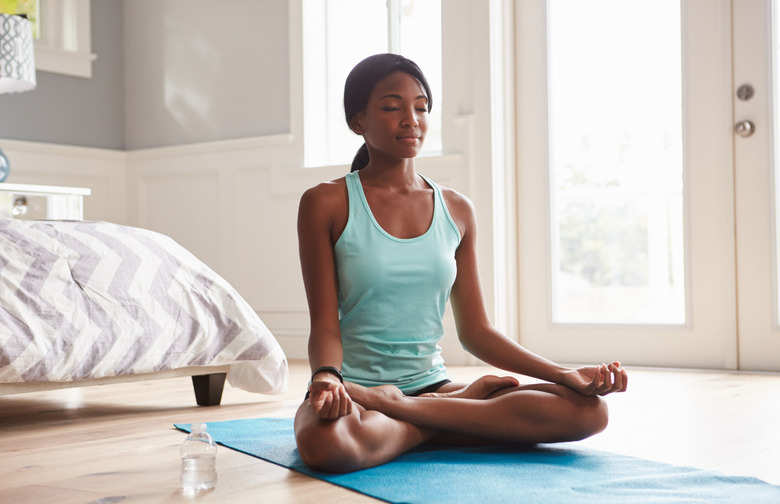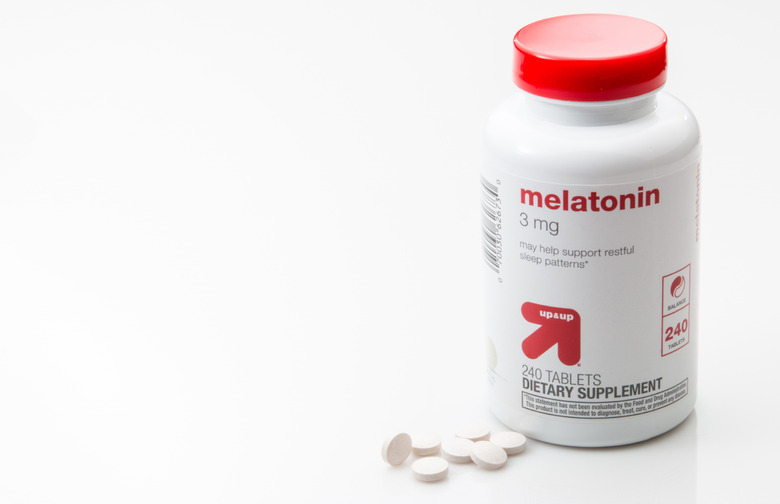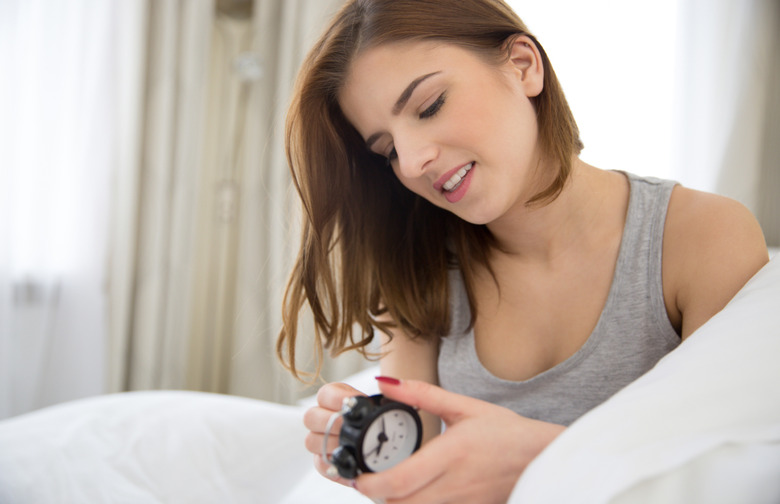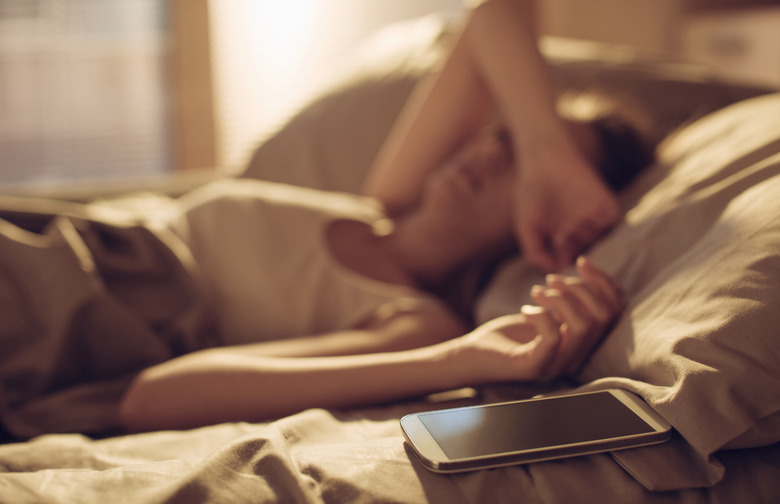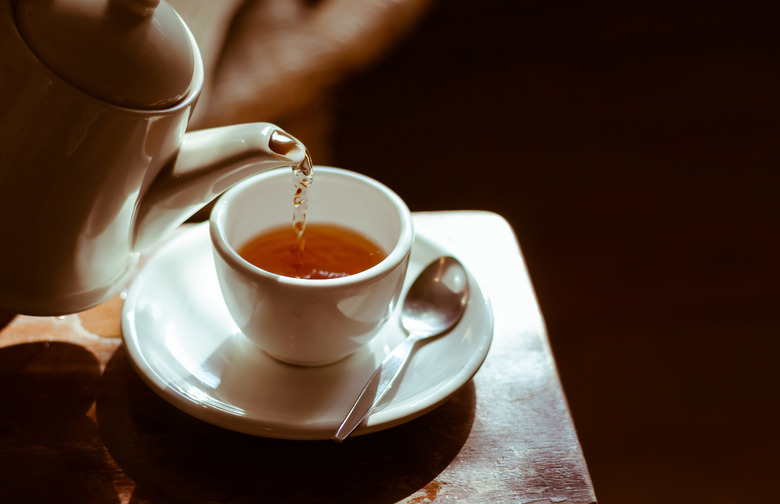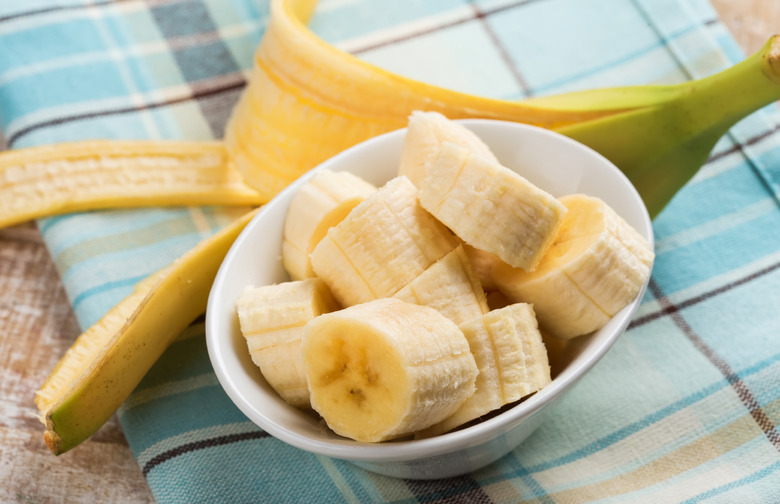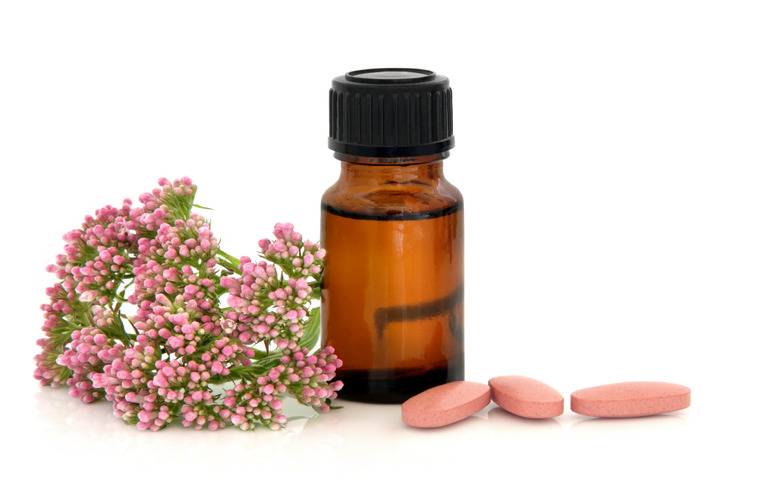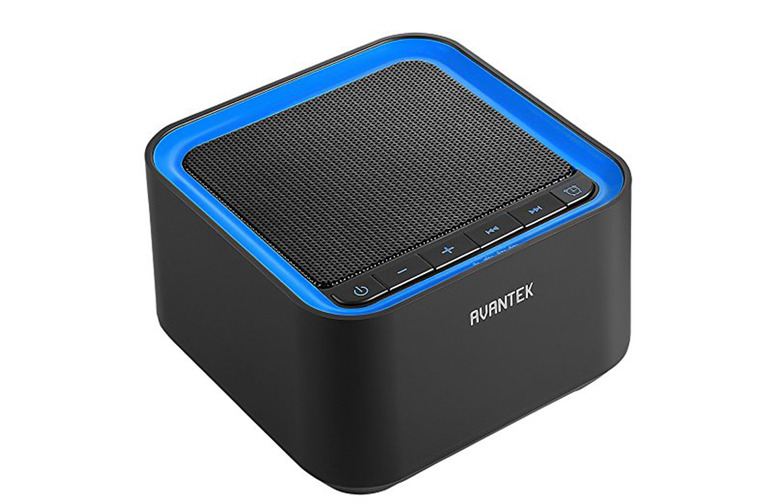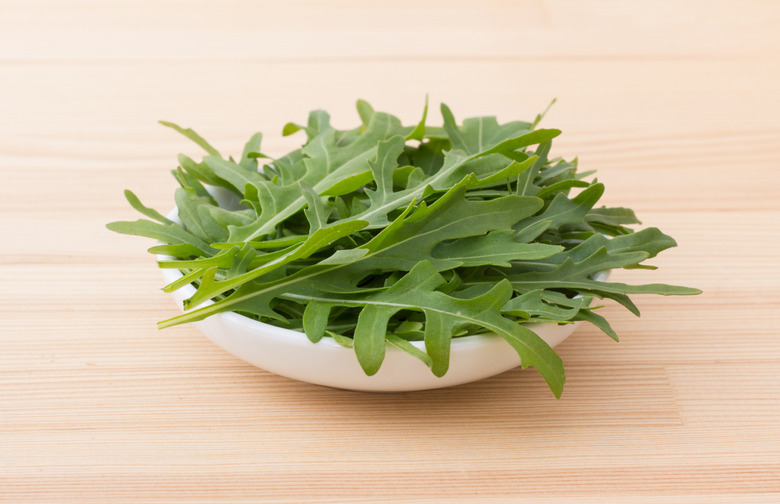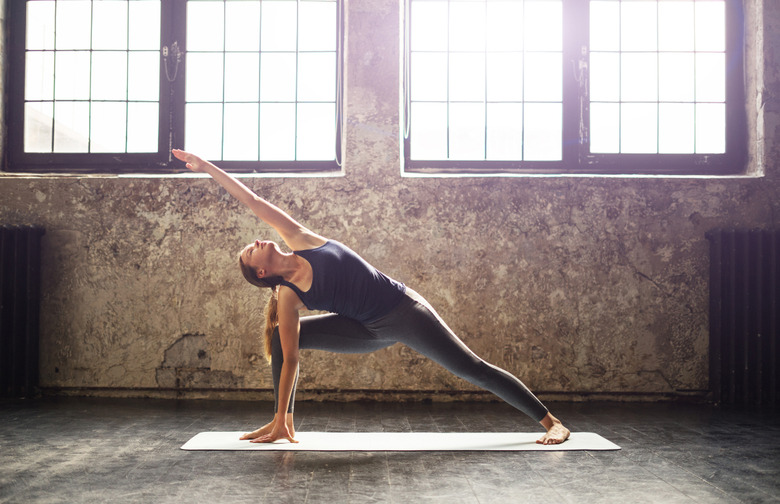20 Natural Remedies To Help You Sleep Well Slideshow
You're lying awake, night after night, wide-eyed and restless. Fast forward to the next day and you're sitting in your office, nodding off just as your boss decides to walk by your desk.
Ugh. You've been trying to get a full night's sleep for weeks now, but for some unknown reason, you can't seem to fall asleep. At this point, you've tried it all. You're running on empty and a measly five hours, chugging coffee after coffee in an attempt to stay alert through the fog of fatigue. Nothing's worked, but you don't want to turn to strong medication just yet.
You know that although sleeping pills may work for you, there's no guarantee they'll be effective — and whether or not they do the trick, they could initiate a whole host of undesirable side effects. Sleeping pills have the potential to cause constipation, diarrhea, dizziness, headache, heartburn, and even (ironically) drowsiness.
There are more natural, less extreme ways to get your fix of peaceful slumber. If you try out a few of these natural remedies, you'll avoid the uncomfortable (and expensive) side effects of sleeping pills.
Ashwagandha
It's new. It's hip. And these days, all the cool kids are adding it to their smoothie bowls. Ashwagandha is an Ayurvedic herb valued for its ability to reduce symptoms of stress. Stress can chronically exacerbate insomnia, and could be the culprit behind your lack of shuteye. Ashwagandha comes in various powders and supplements. Simply add it to your smoothie, oatmeal, or other food and drink.
Avoid Processed Foods
Foods high in sugar and sugar replacements can be energizing in the moment, but cause a major crash later on. The spike in blood sugar and disruption of your body's normal rhythm could affect you all day, even once your head hits the pillow. Real, whole foods like fruit, nuts, meat, and other plants are much better choices for snacking and for providing lasting energy.
Chamomile
Though there is no scientific data that proves the correlation, chamomile tea has been used as a sleep aid for centuries. Something about cozying up with a warm cup makes you drowsy and ready to doze off. Make a relaxing cup with this simple recipe before you go to sleep to help wind down after a long day.
Clean Up
According to Psychology Today, "Messy homes and work spaces leave us feeling anxious, helpless, and overwhelmed." Going to bed with an anxious, cluttered mind makes falling into a deep sleep just that much harder. Take a few minutes and organize your space before going to bed. You'd be surprised at the clarity a little clean floor space can create!
Don’t Snack Before Bed
Late-night snacking makes perfect sense if you're hungry. Going to bed on an empty stomach makes sleeping well highly unlikely.
However, if you're not hungry, avoid mindlessly munching before bed — especially if you usually snack on sugary, processed foods. The food could result in an unwanted energy spike and keep you awake, even if you're tired.
Essential Oils
There are naysayers, but essential oils have been proven by science to work wonders for stress levels, overall mood, and even falling asleep. One study at Wesleyan University showed that men who sniffed lavender before bed slept more soundly and felt more energetic in the morning than men who did not. Add some lavender to an essential oil diffuser or invest in a lavender-scented pillow spray to feel the effects for yourself.
Exercise
A study published in the academic journal Mental Health and Physical Activity confirms it: Exercise helps you sleep better. In fact, those who exercised in the study not only got better sleep during the night, but they also felt more alert throughout the day in which they exercised. The exercise doesn't have to be intense: Even a 30-minute walk or a night out dancing can help to end your insomnia once and for all.
Hops
We're not recommending you drink beer every night — that's considered alcohol dependency. However, beer does have a calming effect on the body, largely due to the hops it contains. Hops are actually a type of flower, and they have been added to various sleep aid supplements as a more natural over-the-counter solution.
L-theanine
L-theanine is an amino acid that can help keep you alert during the day and appropriately drowsy at night. It exists naturally in green tea, but in such small doses that it doesn't have much effect. However, it's sold at higher concentrations in drug stores and pharmacies as an over-the-counter remedy and sleep aid. The compound boosts REM sleep to help your brain get the most out of your precious hours of rest.
Magnesium and Calcium
Yes, these belong on the same slide — you need to take them together! They're both mild sleep aids, but they complement each other to become more effective and minimize the risk of malabsorption of calcium when it's taken alone. Check whether calcium and magnesium are already part of your multivitamin, and if they're not, consider adding the supplements to your routine.
Meditation
Meditation has been paraded as a natural, inexpensive, and calming solution to many physical and mental health challenges (even smoking addiction!). It also has been scientifically proven by a study conducted at Harvard to aid in providing restful sleep. There are many free app options for guided sleep meditations and even more how-to guides online for meditating on your own. A little mindfulness goes a long way.
Melatonin
This is perhaps one of the most common supplements for sleep aid, and for good reason. It's actually the hormone that controls sleep naturally in your body — so providing an extra boost of it is sure to knock you out. Taking too much melatonin, however, could result in drowsiness the next day or prolonged periods of depression. So keep your doses low — studies show it's more effective that way, anyway!
Regulate Your Sleep Schedule
Try to accustom your body to going to bed at the same time each night. You probably wake up at the same time for work each day, regardless, so figuring out the time you need to be in bed could be a valuable experience. Once your body is used to going to bed at that time, you will naturally start to get tired as the hour approaches.
On the other hand, if you chronically go to bed too late, you won't get tired until much later. Don't set yourself up for failure — create a more disciplined sleep schedule as best you can.
Shut Down
Blue light, the kind emitted from phone, laptop, and TV screens, suppresses the release of the sleep hormone melatonin. This is why it's generally recommended to turn off your phones and computers after a certain time of night — and probably also is why you have a hard time turning off Netflix at three in the morning.
Give yourself a "technology bedtime" and shut down all your devices a few hours before bed. Not only will you encourage the natural flow of hormones, but you'll decrease the amount of brain stimulation you experience before it's time to go to sleep.
Tea
Caffeinated beverages, such as coffee and energy drinks, can disrupt your energy levels all the way until night time. To avoid these jittery side effects and unnatural spikes in energy, stick to a lightly caffeinated or caffeine-free tea to get your morning kick.
Tryptophan
You've likely heard people refer to this chemical when they feel sleepy after Thanksgiving dinner. The truth is, turkey doesn't contain a high enough concentration of tryptophan to make a significant difference in energy — after such a large meal, it's likely that you're tired because of the extreme amount of energy your body needs to expend on digestion.
However, tryptophan is an effective sleep aid, when taken in high enough doses. Most doctors recommend one to two grams before bedtime. Some other sources of tryptophan are bananas, spirulina, eggs, salmon, and dairy.
Valerian
This flowering plant has been used to treat sleep disorders and insomnia for a long time — you can find it sold in tablets or liquid extracts. Take one to two capsules a half hour before bedtime for the most benefit, and to help avoid the unsatisfactory consequences of sleep deprivation.
White Noise
This can be especially helpful if you live in a city — white noise serves to block out the surrounding distractions and noises so that you can doze off without interruption. Certain kinds of white noise, often used in therapy and psychiatry offices, are also effective sleep aids, regardless of whether or not there is background noise.
Wild Lettuce
No, we don't mean you should munch on the raw vegetable. Wild lettuce contains compounds that help reduce anxiety, cure headaches, and mitigate muscle and joint pain. Its anxiety-reducing power can cure your late-night jitters and sedate your nerves just enough to induce sleep. Find this supplement at most drug stores or pharmacies.
Yoga
This ancient practice has been proven to promote longevity, mind-body connection, disease prevention, healthy digestion, and a whole slew of other positive changes in the body. It can also help you sleep — not only by providing you with hormone-balancing exercise, but also by releasing tension and getting rid of stress.
If are going to try out yoga, fuel up beforehand with these foods.

